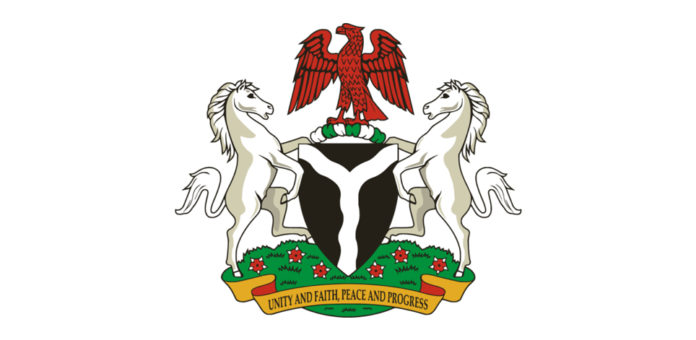FIC Report (Lagos State) – A faster, more reliable train commute is on the way for Lagos residents, following the unveiling of three new sets of coaches for the Lagos Rail Mass Transit (LRMT) Blue Line. The launch, held at the National Arts Theatre Station on Sunday, represents a major boost to the state’s ongoing efforts to modernise urban transportation.
The new coaches, each consisting of four cars, were imported from China through a collaboration between the Lagos Metropolitan Area Transportation Authority (LAMATA) and China Civil Engineering Construction Corporation (CCECC). With these additions, the capacity of the Blue Line is set to double—meaning shorter travel times, reduced waiting periods at stations, and greater convenience for the thousands of commuters who rely on the service daily.
Speaking at the commissioning, the Governor said the expansion was made possible in large part due to significant financial backing from the Federal Government. He credited the administration’s post-subsidy reforms for empowering subnational governments to invest in alternative and sustainable transport solutions.
“These new trains are the result of bold economic decisions taken at the federal level—decisions that have not only freed up resources but also encouraged innovation across the states,” the Governor said. “In particular, the support we’ve received has enabled us to fast-track procurement and expand the reach of our rail services.”
Since the removal of fuel subsidy, Lagos has turned to alternative modes of mobility to ease the rising cost of living. Investments in compressed natural gas (CNG) buses, electric vehicles, and now expanded rail operations are part of a broader strategy to make public transport affordable, efficient, and environmentally responsible.
The Governor praised the Federal Government for what he described as a “visionary intervention,” stating that the support was not just financial, but also strategic—designed to align with Lagos’s own blueprint for integrated mass transit.
“With the Blue Line’s capacity now doubled, we expect to see trains arriving at stations every 10 minutes during peak hours,” he said. “Journeys that once took 20 minutes could now be completed in less than half that time. This is the kind of efficiency that transforms lives and lifts entire communities.”
The announcement also included a look ahead: Lagos is preparing to receive another set of trains for the Red Line, which connects Agbado in Ogun State to Ebute Metta in central Lagos. With passenger volumes on that route expected to be even higher, the coaches are being designed to handle more traffic than those currently on the Blue Line.
Construction of the Blue Line’s second phase—from Mile 2 to Okokomaiko—is progressing steadily, with tracks and stations already beginning to take shape. Once completed, this extension will further open up the western corridor of the city, giving residents of distant suburbs a fast and reliable alternative to road travel.
Since the launch of commercial operations in September 2023, the Blue Line has transported over two million passengers. In August 2024, the number of daily trips increased from 54 to 72, cutting the travel time between Marina and Mile 2 from about 30 minutes to just 18.
This expansion is more than an infrastructure milestone; it is a tangible sign of what is possible when city and national governments collaborate toward a shared vision—where mobility is not a privilege, but a right accessible to all.
Signed
Gloria Dawodu
CI&PRO
15 / 06 /25






